The 99: Superheroes turn to Islam
The 99 comic series attempts to counter religious stereotypes.
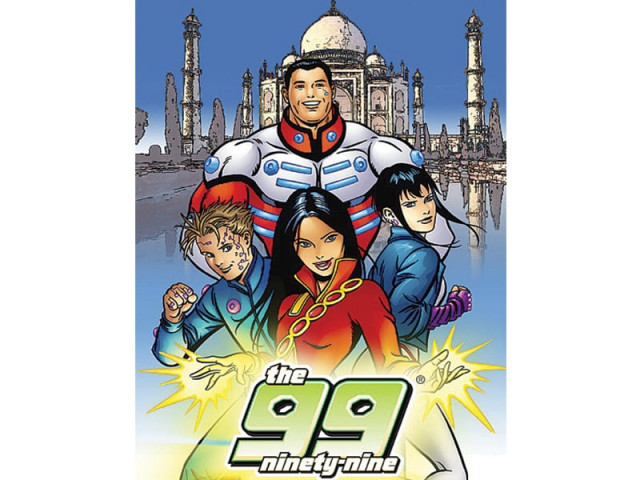
The 99: Superheroes turn to Islam
I must admit I was sceptical when I first came across mentions of The 99. In my mind, I had already written it off as at best another gimmick for Muslim audiences and at worst a new hip approach to preach Islam. Having said that, to say I was pleasantly surprised would be a gross understatement.
The 99 is an ongoing comic series published by the Kuwait-based Teshkeel Comics. The title, as you might have already guessed, is a reference to the 99 attributes of Allah. The premise revolves around 99 characters from across the globe who, by encountering one of the 99 mystical gems scattered across the world, are endowed with a unique superpower and take upon an alias based on one of the names of Allah.
At the same time, however, throughout the series, there is no overt reference to religion. Even the characters themselves are not just limited to Muslim nationalities and backgrounds. Alongside characters from places like Saudi Arabia, Indonesia and Pakistan, the series also has characters from countries like USA and Portugal. And while no explicit mention of any character’s religious background is made, it is certainly implied that some of the characters are definitely not from Muslim backgrounds.
Series creator and the founder and CEO of Tashkeel Group, Dr Naif alMutawa himself claims that while the inspiration is definitely rooted in the Islamic concepts, the values he’s trying to promote through the series are universal. He sees many well-known superheroes as being inspired by Biblical concepts, while harbouring a universal appeal. That is the model alMutawa emulates.
The idea for superheroes based on Islamic concepts and culture arose as a response to the increasingly negative connotations Islam has acquired in the current sociopolitical environment. To alMutawa, however, nothing is more dangerous than a state when people belonging to a culture themselves start identifying it with negative connotations. With The 99, he sees an opportunity to counter this negativity both within and outside the Islamic world. The 99 could potentially hold the same appeal for both eastern and western audiences, and might in fact end up as a breakthrough product along the lines of the Pokemon franchise.
That is al Mutawa’s ultimate goal for The 99 and in this regard, he has already initiated an aggressive campaign, branching out the concept into various forms, from an animated series to merchandise products like bags and clothes, to even an amusement park in Kuwait with the promise of more parks to open throughout the Gulf region. The core product, the comic series itself, has been translated into multiple languages, including Hindi and Urdu, and has been licensed in countries like Indonesia, India and even China.
However, there still has been no attempt to license the series in Pakistan ever since the publication of its first issue five years ago.
Growing up, I’ve always been aware of the lack of cultural role models and like my generation, I’ve had to seek them out elsewhere, in other cultures and traditions. The closest to an eastern role model I would have would be from the Far East, which like its name is much too far from what I would’ve liked. With The 99, another generation would not have to live with that void that we grew up with.
The brilliant part about the project for me is that the creator understands that cosmetic role models and gimmicks can only go so far. Rather, it’s an entire cultural identity, complete with its own stories, philosophies and values, which need to be promoted. China and Japan, for instance, have managed to export their own cultural identities and have seen them not just adopted, but built upon all over the world. Although it still is much too early perhaps, The 99 stands poised to do the same.
Published in The Express Tribune, August 21st, 2011.

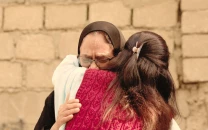




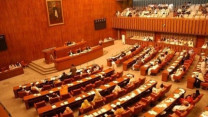


1733130350-0/Untitled-design-(76)1733130350-0-208x130.webp)
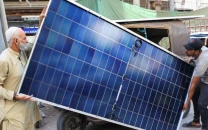
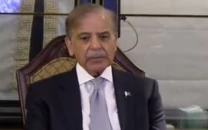







COMMENTS
Comments are moderated and generally will be posted if they are on-topic and not abusive.
For more information, please see our Comments FAQ